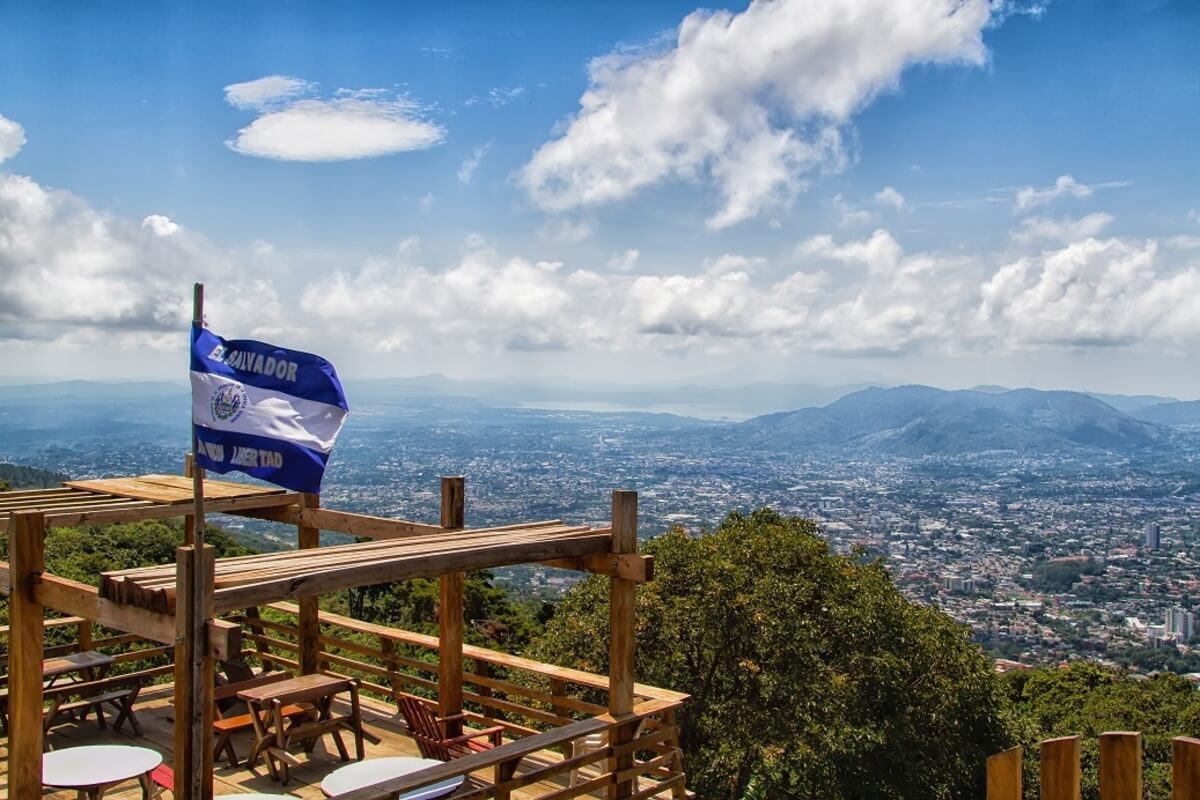El Salvador’s Bitcoin Bonds May Be Delayed Until September, Says Finance Chief

El Salvador could push its bitcoin (BTC) bond issuance back as far as September, the nation’s Finance Minister Alejandro Zelaya has admitted – but a more imminent issuance is still on the table.
The government is hopeful of raising USD 1.5bn in a bond issuance to pay for the construction of a tax-free haven for international bitcoiners. The bonds were originally due to debut sometime last week, but the government appears to have backed off from this, claiming that the war in Ukraine had been an “unexpected” factor.
Zelaya, ElSalvador.com reported, told a television interviewer:
“This is not a good time to issue bitcoin bonds. We are ready to carry it [the issuance]. We are waiting for the right moment and for the President [Nayib Bukele] to tell us ‘yes, we are going to do it now.’ I think that the moment is not yet, we have to wait for a couple more days.”
But when pressed to explain what he meant by the latter, Zelaya responded:
“For me, the ideal time to launch onto the market is the first [financial quarter]. In my case, I like issuance that are made between March and April. No later than September. In May or June the market variants are a little different. The latest would be September. After September, if you go to the international market, it is difficult [to raise capital].”
But the finance chief insisted that there was still no shortage of interest in the bonds, claiming:
“There are already interested buyers out there, we are sure that we are going to oversubscribe. I hope that this issue reaches USD 1.5 billion. We are going to reach a billion [USD], but I think we are going to have a fairly substantial oversubscription that we could channel to other financing needs that the country also has.”
Zelaya also confirmed that the bond issuance would be made through a government-run firm named LaGeo.
However, the media outlet noted that a recent blog post from the UK economist Frank Muci had raised serious questions about LaGeo’s ability to handle such an issuance.
Muci, a Policy Fellow at the Growth Lab Research Collaboration of the London School of Economics, wrote:
“The company just doesn’t have the size or cashflow – like even remotely – to pay the interest on the volcano bond, never mind the principal in ten years.”
The economist concluded:
“We are supposed to be pumped even though […] a small state-owned enterprise you’ve never heard of will sell the bond rather than the government, as was widely expected. And we’re supposed to believe that this is better than the traditional financial system? It’s a joke.”
Meanwhile, the same media outlet also reported that Bukele had canceled a planned visit to San Pedro Sula in Honduras, after rumors circulated earlier this week, claiming that the nation’s President was on the verge of adopting bitcoin as legal tender.
Councilwoman Silvia Sosa, a member of the Tegucigalpa Mayor’s Office, had announced on social media that Bukele would be visiting this month and that the mayor Jorge Aldana would honor Bukele’s visit by handing him the keys to the city. No official reason was given for the cancellation, although the media outlet remarked that the event had not been officially scheduled in the Salvadoran Presidential calendar.
____
Learn more:
– ‘Developing Economies’ Tracking El Salvador’s Bitcoin Moves with Interest
– Ukraine War Throws Timing of El Salvador’s Bitcoin Bond Debut into Doubt
– El Salvador’s Bukele Says 52 Bitcoin Reforms Are ‘In the Oven’, Critics Hit Out at Lack of Adoption Benefits
– Bitcoin City: The Bizarre History of Libertarian Attempts to Create Independent Cities
– El Salvador’s President Bukele Silent on Ukraine War
– Panama Eyes Bitcoin & Crypto to Spark Tech Investment




